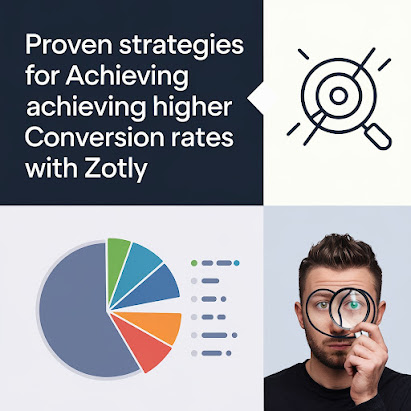CRM Systems for Zotly: Transforming Customer Relationship Management
.jpg)
Managing customer relationships is more critical than ever in today's competitive business landscape. For a growing business like Zotly , a robust CRM system (Customer Relationship Management) can be a game-changer. CRM systems are designed to organize, track, and enhance customer interactions, helping businesses streamline processes and build stronger relationships. Zotly can centralize customer data, automate routine tasks, and enable teams to deliver personalized, efficient service by adopting the right CRM system. This article explores the importance of CRM systems for Zotly and how they can drive business success. What Are CRM Systems? CRM systems are software solutions that help businesses manage interactions with customers, prospects, and leads. They provide a centralized platform for storing customer information, tracking sales activities, and analyzing performance metrics. Key Features of CRM Systems: Contact Management: Store and organize customer data, including nam...



.jpg)

